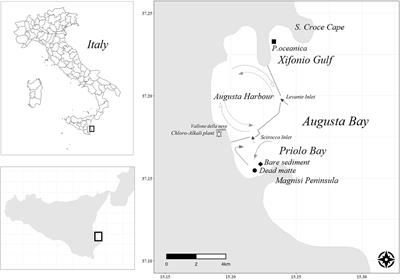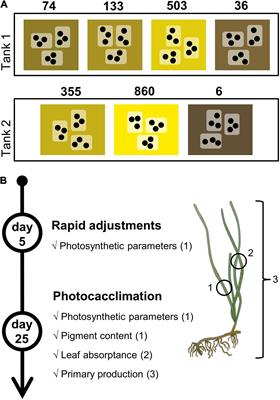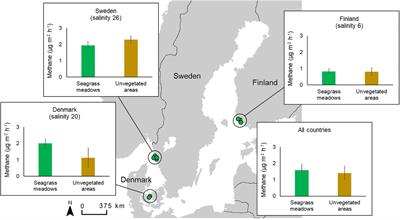EDITORIAL
Published on 18 Aug 2022
Editorial: Ecophysiology and biogeochemistry of marine plants in the anthropocene
doi 10.3389/fmars.2022.1010651
- 955 views
12k
Total downloads
69k
Total views and downloads
Select the journal/section where you want your idea to be submitted:
EDITORIAL
Published on 18 Aug 2022
ORIGINAL RESEARCH
Published on 28 Jul 2022

ORIGINAL RESEARCH
Published on 22 Jul 2022

ORIGINAL RESEARCH
Published on 10 May 2022

ORIGINAL RESEARCH
Published on 28 Mar 2022

ORIGINAL RESEARCH
Published on 16 Mar 2022

MINI REVIEW
Published on 21 Feb 2022

ORIGINAL RESEARCH
Published on 10 Feb 2022

ORIGINAL RESEARCH
Published on 27 Jan 2022

ORIGINAL RESEARCH
Published on 18 Jan 2022

ORIGINAL RESEARCH
Published on 02 Dec 2021

BRIEF RESEARCH REPORT
Published on 10 Nov 2021


Frontiers in Microbiology
Frontiers in Plant Science